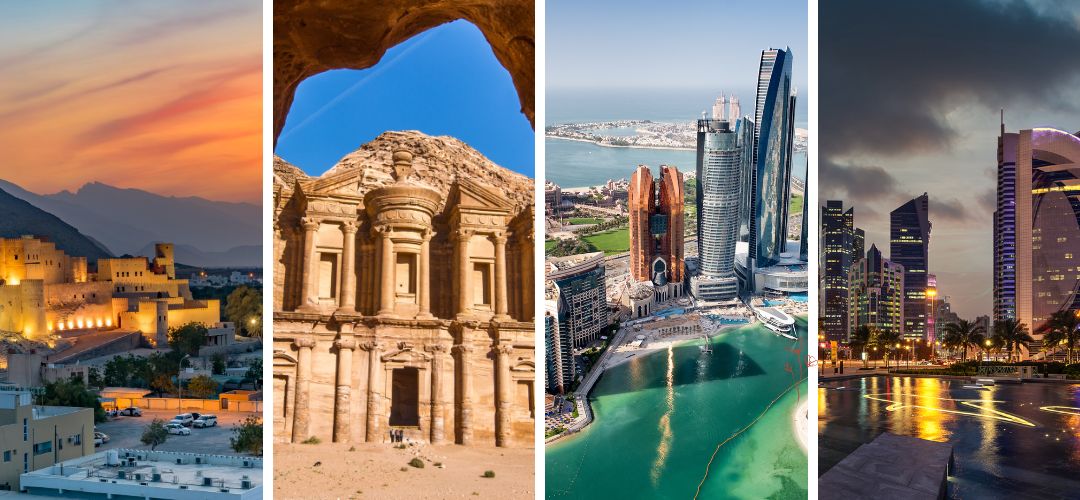- Home
- Make a claim
- Airlines
- Adria Airways
- Aegean Airlines
- Aer Lingus
- Aeroflot Russian Airlines
- AeroMexico
- Air Albania
- Air Algerie
- Air Arabia
- Air Austral
- Air Baltic
- Air Canada
- Air China
- Air Corsica
- Air Dolomiti
- Air Europa
- Air France
- Air India
- Air Malta
- Air Mauritius
- Air Moldova
- Air New Zealand
- Air Philippines
- Air Senegal International
- Air Serbia
- Air Transat
- Alitalia Express
- All Nippon Airways
- American Airlines
- Arkia Israel Airlines
- ASL Airlines
- Atlantic Airways
- Aurigny Air Services
- Austrian Airlines
- Avianca
- Azerbaijan Airlines
- Azores - SATA International
- Biman Bangladesh Airlines
- Blue Air
- Blue Islands
- Bluebird Airways
- BMI Regional
- British Airways
- Brussels Airlines
- Brussels International Airlines
- Bulgaria Air
- Buzz Stansted
- Cathay Pacific
- China Airlines
- China Eastern Airlines
- Continental Airlines
- Corendon Airlines
- Croatia Airlines
- Cyprus Airways
- Czech Airlines
- Delta Air Lines
- Eastern Airways
- easyJet
- Egyptair
- El Al Israel Airlines
- Emirates
- Envoy Air
- Ethiopian Airlines
- Etihad Airways
- Eurowings
- Finnair
- Fly One
- Flybe
- Flyr
- Gol Transportes Areos
- Gulf Air
- Helvetic Airways
- HiSky
- Iberia Airlines
- Iberia Express
- Icelandair
- Iran Air
- Iraqi Airways
- ITA Airways
- Japan Airlines
- Jazeera Airways
- Jet Airways
- Jet2
- JetBlue
- Kenya Airways
- KLM
- Korean Air
- Kuwait Airways
- LATAM Airlines
- Lauda Europe
- Loganair
- LOT Polish Airlines
- Lufthansa
- Luxair
- Malaysia Airlines
- Norse
- Norwegian
- Nouvelair Tunisie
- Pakistan International Airlines
- Pegasus Airlines
- Play Airlines
- Qantas
- Qatar Airways
- Rossiya Russian Airlines
- Royal Air Maroc
- Ryanair
- SAS
- Saudia
- Scoot
- Silk Way Airlines
- Singapore Airlines
- Sky Express
- South African Airways
- SriLankan Airlines
- SunExpress
- Sunwing Airlines
- Surinam Airways
- Swiss International
- TAP Air Portugal
- Thai Airways
- Transavia
- TUI
- Tunisair
- Turkish Airlines
- Turkmenistan Airlines
- Ukraine International Airlines
- Vietnam Airlines
- Virgin Atlantic
- Vueling Airlines
- WestJet
- Wideroe
- Wizz Air
- Airports
- FAQ's
- Compensation Calculator
- Recent Flight Delays
- Blog
- About Us
- Contact Us
Alternatives to holidaying in Dubai
Date: 14 MAY 24
Dubai, a glittering jewel in the United Arab Emirates, is renowned for its skyscraping architecture, opulent lifestyle, and vibrant nightlife. With attractions like the Burj Khalifa, the Dubai Mall, and the Palm Jumeirah, it's easy to see why this city is a magnet for global travelers seeking luxury and entertainment. However, the Middle East holds many other treasures, each with its own unique appeal. For those looking to expand their travel horizons beyond the well-trodden paths of Dubai, several nearby destinations offer equally compelling experiences. This blog explores four such alternatives—Oman, Qatar, Jordan, and Abu Dhabi—each offering a blend of modern marvels, cultural depth, and luxurious amenities that promise to enchant and inspire.
Historical and Cultural Deep Dives
Jordan: Ancient Wonders and Natural Beauty
Jordan, a country rich in history and legend, is the perfect destination for those who seek to immerse themselves in the past while experiencing the stark beauty of the Middle Eastern landscape. The ancient city of Petra, one of the New Seven Wonders of the World, offers a breathtaking journey back in time. Carved into rose-red sandstone hills, the city's intricate facades reveal the ingenuity of the Nabatean civilization. Beyond Petra, the lunar-like landscapes of Wadi Rum invite adventurers to explore its vast deserts on a jeep or camel safari, providing an unforgettable glimpse of the same vistas that have captivated travelers for centuries.
The Dead Sea, the lowest point on earth, offers a surreal experience where one can float effortlessly on its salty waters. Rich in minerals, the sea's mud is famed for its therapeutic qualities, drawing wellness enthusiasts from around the globe. Jordan’s commitment to preserving its heritage while welcoming tourists offers a profound cultural experience that contrasts with Dubai’s futuristic allure.
Oman: A Blend of Tradition and Nature
Oman is the jewel of the Arabian Peninsula, known for its diverse landscapes and rich heritage. The Sultan Qaboos Grand Mosque in Muscat stands as a symbol of contemporary Islamic architecture and welcomes non-Muslim visitors, offering a rare glimpse into the spiritual and cultural ethos of Oman. Venturing into the heart of the country, the green mountains of Jabal Akhdar offer cool relief from the desert heat and showcase traditional Omani rose water production.
The ancient city of Nizwa, with its imposing fort and bustling souq, is a center for Omani culture, offering artisans' handicrafts that are as authentic as they are beautiful. For those who seek the tranquility of the sea, the Musandam Peninsula provides dramatic fjord-like scenery and the opportunity to spot dolphins. Oman’s appeal lies in its ability to blend its rich history with natural beauty, providing a travel experience filled with discovery and relaxation.
Modern Marvels and City Life
Abu Dhabi, UAE: Tradition Meets Modernity
Abu Dhabi, the capital of the United Arab Emirates, often stands in the shadow of its flamboyant neighbor Dubai. However, it offers a more measured approach to modernity, intertwining lavishness with local heritage. The city's crowning jewel, the Sheikh Zayed Grand Mosque, can house over 40,000 worshippers and is a stunning monument to Islamic art and culture. Meanwhile, the Louvre Abu Dhabi, designed by Jean Nouvel, presents a revolutionary take on the art museum, with its mesmerizing dome creating a rain of light effect, showcasing artworks that bridge civilizations and cultures.
Yas Island caters to the thrill-seeker with attractions like Ferrari World, home to the world’s fastest roller coaster, and Yas Waterworld. For those interested in sports, the Abu Dhabi Golf Club offers lush greens and challenging fairways. Abu Dhabi provides a refined urban experience, combining luxury with a rich cultural tapestry that appeals to a broad spectrum of travelers.
Qatar: A Cultural Powerhouse Emerging
Qatar, with its capital Doha, is rapidly establishing itself as a cultural and architectural powerhouse in the Gulf. The Museum of Islamic Art, designed by I.M. Pei, sits on the waterfront and houses one of the world’s most complete collections of Islamic artifacts. The Pearl-Qatar offers a man-made island of luxury residential towers, villas, and high-end shopping facilities, including the famous Villaggio Mall, inspired by Venice itself.
As the host of the 2022 FIFA World Cup, Qatar has gained a new international visibility. Lusail City, still in development, promises to be a smart city combining residential areas, commercial districts, and entertainment venues. Qatar’s ambitious vision makes it a fascinating alternative for those intrigued by the fusion of tradition with futuristic innovation.
Conclusion
Exploring alternatives to Dubai within the Middle East offers travelers a chance to uncover diverse cultures, ancient histories, and innovative modern developments. Each of these destinations—Oman, Qatar, Jordan, and Abu Dhabi—provides unique experiences that can either complement or serve as worthy alternatives to the dazzle of Dubai. Whether you are drawn to the historical depths of Jordan, the serene beauty of Oman, the luxurious lifestyle of Abu Dhabi, or the dynamic growth of Qatar, these destinations challenge the traveler to look beyond the familiar and embrace the new. As the travel landscape evolves, considering these alternatives could enrich your understanding of the Middle East and its many treasures.

claim now
Have you had a flight delay, missed connection, cancelled flight or have been denied boarding in the last 6 years? If so try our free flight checker to see how much you may be entitled to in compensation for you AND your fellow travellers.
Start a Claim
































































































































